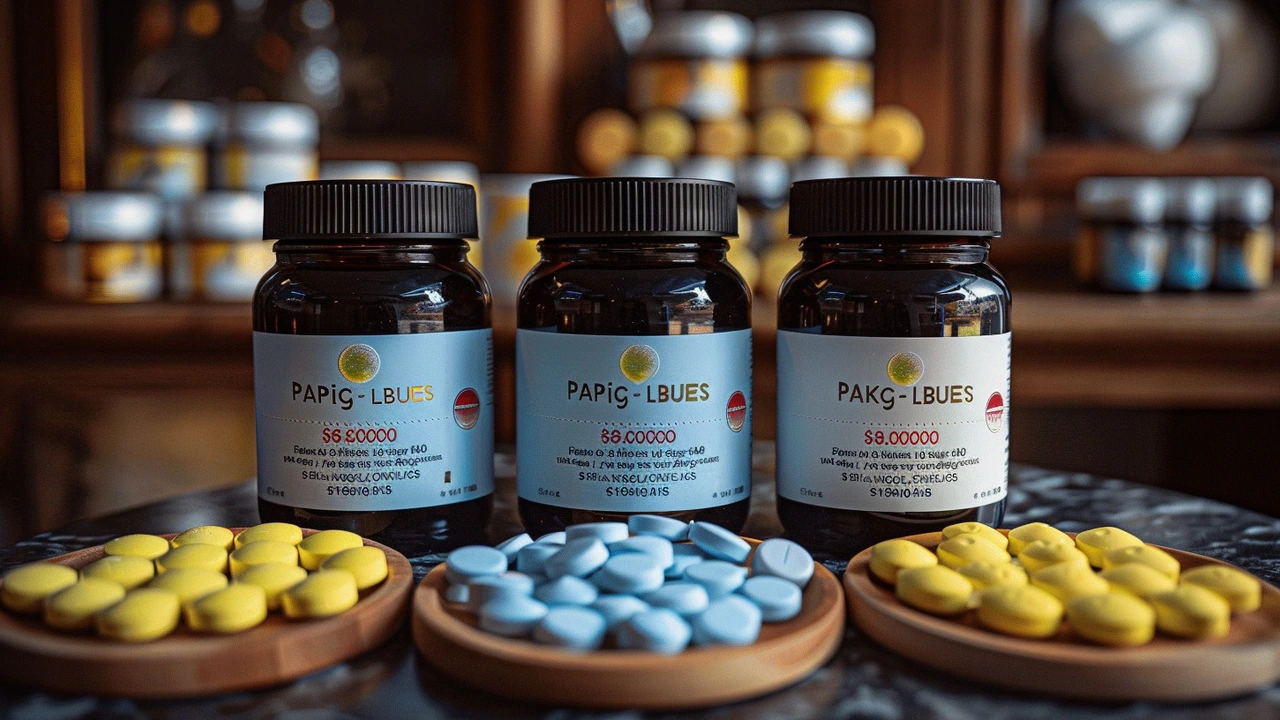Illegal Pharmacies: What You Need to Know to Stay Safe
Ever considered buying meds from an online pharmacy because it seemed cheaper or easier? Well, that’s where illegal pharmacies come into play, and they’re trickier than you think. These are places selling medications without proper licenses or safety checks. They might promise cool discounts or quick delivery, but what you get could be fake, expired, or downright dangerous medicines that risk your health.
Illegal pharmacies aren’t just about shady websites. They sometimes hide behind fancy names or seem legit at first glance. But the truth is, they often bypass the rules made to keep patients safe. There’s no guarantee what’s in those pills—sometimes they might have too much of the drug, or none at all. That’s risky because your health can take a hit without warning.
Why Should You Care About Illegal Pharmacies?
Think about it: taking meds is serious business. If you grab a prescription drug that isn’t real or handled properly, your illness could worsen or you might face unexpected side effects. Illegal medications have caused everything from allergic reactions to severe poisoning. Plus, if you do get caught buying from illegal sources, there could be legal consequences depending on where you live.
Another big issue is privacy. Many illegal sites don’t protect your payment or personal information well, making you a target for fraud or identity theft. Scammers can use your data in ways you never expected, putting you through even more trouble.
How to Spot an Illegal Pharmacy and Protect Yourself
So, how can you avoid falling for these risks? First, check if the pharmacy is licensed in your country—many official sites have certification or registration numbers displayed. Also, be cautious about sites that don’t require a prescription for prescription-only drugs; that's a major red flag. Real pharmacies always ask for a doctor’s prescription before selling certain meds.
Reviews and customer feedback can tell you a lot too. Look for trustworthy ratings rather than just ads. If the price sounds too good to be true, it probably is. And never share your personal or payment info if the site looks sketchy or has poor website security. Stick to known and reputable pharmacies or ask your doctor for suggestions on where to buy safely.
Remember, your health is too important to risk with unknown online sellers. Taking a little extra time to check credentials and reviews can save you from harmful side effects or scams down the line. So, before clicking 'buy,' ask yourself—is it a real pharmacy, or just an illegal trap waiting to cause trouble?
A Palm Springs resident, John Smith, faces serious charges for smuggling and illegally selling prescription drugs like Viagra and Cialis. This operation sheds light on the dangers and illegality of purchasing prescription medications from non-reputable sources online.

